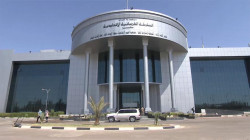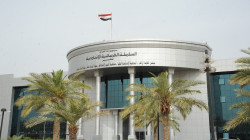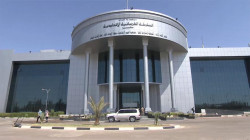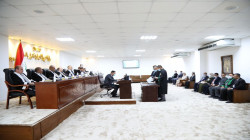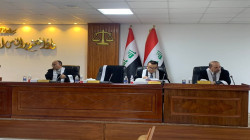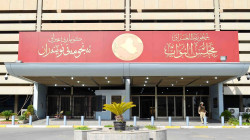Kurdish MPs meet federal Chief Justice to resolve salary delays
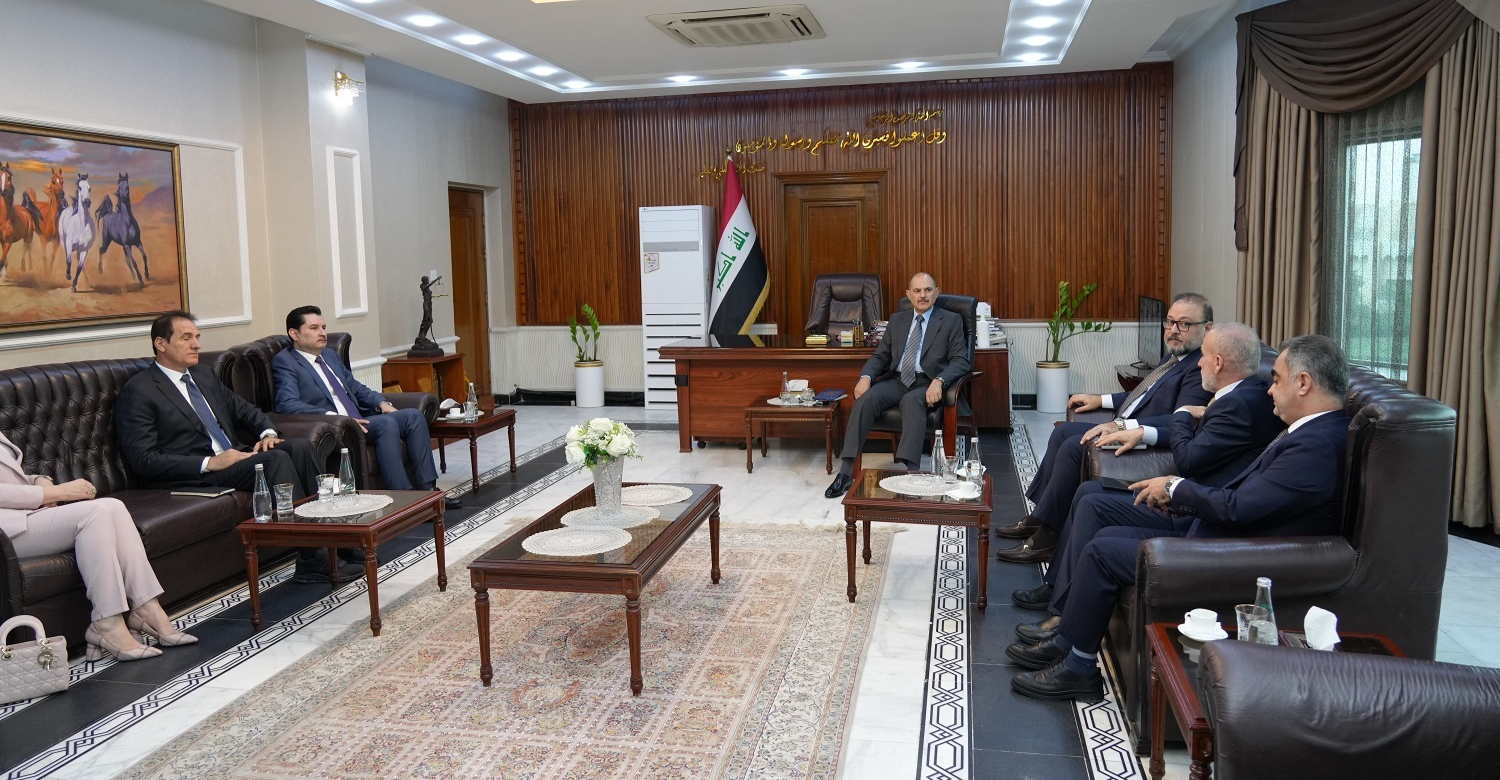
Shafaq News/ On Tuesday, leaders of Kurdish parliamentary blocs in the Iraqi Parliament met with the President of the Federal Supreme Court, Jassim Mohammed Aboud, to address the ongoing issue of salary payments for Kurdistan’s employees.
In a statement, the Federal Supreme Court noted that “the meeting focused on the court's rulings, specifically Decision No. 224 and its unification with No. 269/Federal/2023, which impact salary disbursements. Discussions emphasized the need for accurate implementation of these decisions while safeguarding individual rights.”
The Kurdish delegation, which included Deputy Speaker Shakhwan Abdullah and prominent bloc leaders from the Kurdistan Democratic Party (KDP), Patriotic Union of Kurdistan (PUK), New Generation Movement (NGM), and others, commended the court's commitment to constitutional principles and the equitable protection of all Iraqi citizens' rights.
Salaries Dilemma
The issue of salaries for Kurdistan’s civil servants has long been a contentious and complex challenge. The Kurdistan Regional Government (KRG) has grappled with a severe financial crisis, worsened by the suspension of its oil exports in March 2023 following a court ruling on a dispute between Iraq and Turkiye.
In February 2024, Iraq's Federal Supreme Court ordered the KRG to provide detailed salary data to enable Baghdad to release the Region's share of the federal budget. However, delays in payments have persisted, with the KRG accusing Baghdad of irregular disbursements.
The court also mandated the "domicilization" of salaries, requiring KRG employees to open accounts in Iraqi state-owned banks. This measure aimed to improve payment transparency but has faced significant implementation challenges.
In September 2024, high-level delegations from Baghdad and Erbil met to address unresolved issues, including salaries. While Baghdad has since disbursed salaries to KRG employees, delays remain frequent, leaving the Region reliant on local revenues and its disputed 12.6% federal budget allocation.
